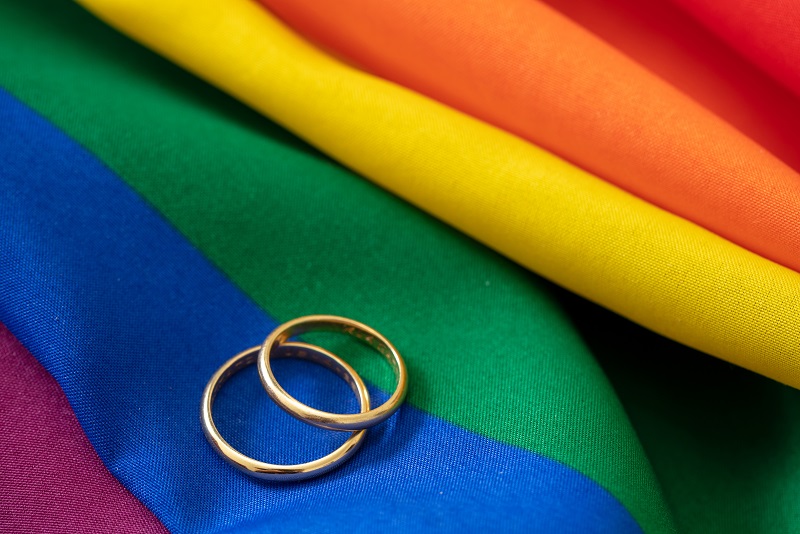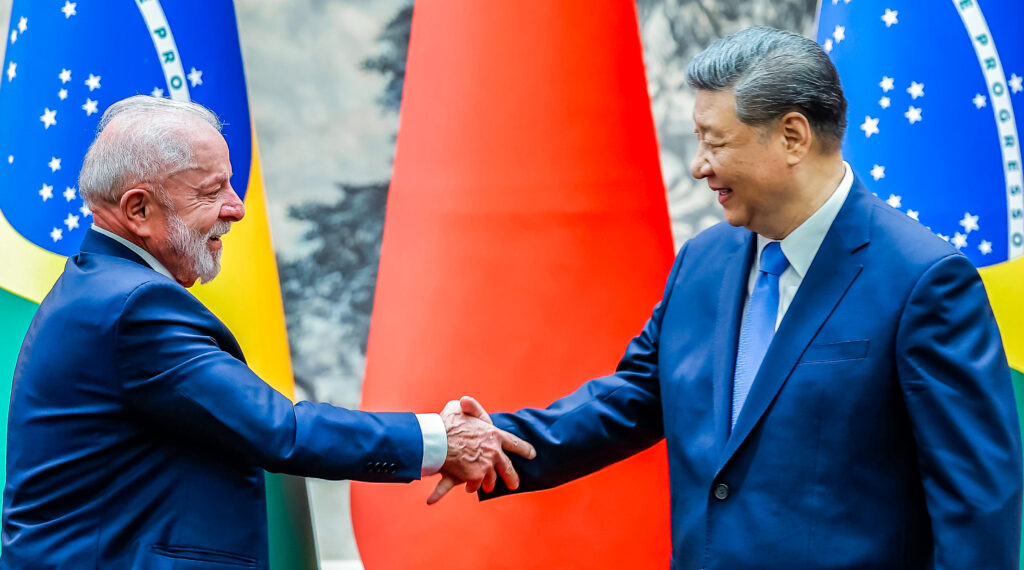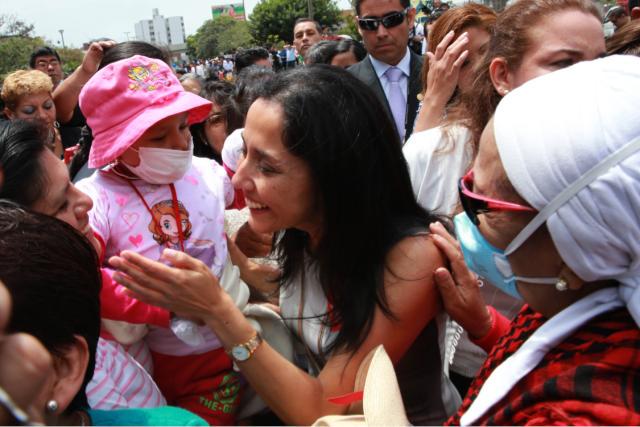São Paulo, Brazil – After ending a previous relationship on bad terms, Daniele Ibanhes sought out internet chat rooms to distract herself and move on with her life. It was there that she met Amanda Souza. The two had spent months chatting online when they finally decided to meet in person. Ten years later and the two women are still celebrating a happy, healthy relationship.
In 2019, Ibanhes and Souza decided to get married and formalized their union at a notary office. “It was the best thing we ever did, because that way we are insured in case something happens to one of us. Our union has a total division of assets, so everything I have, even before the wedding, is hers and vice versa,” Ibanhes told Brazil Reports.
She said that the civil union also helps with processes such as adopting children. The couple is currently in a queue, waiting to adopt their first child. “If we weren’t married, we wouldn’t be able to go through with the adoption process. To be in the queue, we must prove our stable union, which was possible with the marriage certificate.”
Ibanhes and Souza’s is one of the 76,430 same-sex marriages celebrated in Brazil since 2013, when notary offices were allowed to formalize this type of union. During those 10 years, the amount of marriages between same-sex couples has quadrupled in the country.
In 2013, the first year they were authorized, there were 3,700 same-sex marriages. In 2022, there were 12,987, an increase of 41% compared to 2021 (9,202 marriages). Between January and April of this year, there have already been 3,823 such unions.
On average, 7,600 same-sex marriages are held per year in Brazil, 56% of which are between female couples and 44% between male couples. The data are from the National Association of Registrars of Natural Persons (Arpen-Brazil), an institution that gathers information from all notary offices in the country.

Initially, same-sex marriages were recognized by the Supreme Court in May 2011. In its ruling, the court guaranteed the same rights of heterosexual couples to homosexual couples. But, before 2013, to celebrate a same-sex marriage, the notary offices still needed to seek court authorization.
That was when the National Council of Justice (CNJ), a public institution that regulates Brazil’s courts and notary services, overturned the requirement for court authorization and allowed notary offices to automatically formalize same-sex marriages upon receiving requests.
“Same-sex marriage is another citizen achievement,” said Gustavo Fiscarelli, president of Arpen-Brazil in a statement. “It is in the notary offices that the rights of Brazilian citizens are born, with their first registration and birth certificate, and it is also here that this new Brazilian family is born, formed by people who love each other and who have their right to coexistence assured.”
Despite the recognition by the Supreme Court and the authorization to celebrate marriages in notary offices, Brazil still doesn’t have a national law to regulate same-sex marriages. Protections for same-sex marriages have so far only come from the courts, not from Congress or the federal government.
The NGO and LGBTQIA+ rights activists still await the approval of a law that will definitely guarantee the rights of this population, without depending just on court decisions.
Women lead
São Paulo, Brazil’s largest state, conducts the most same-sex marriages of any other state in the country, with 38.9% of all same-sex marriages registered in the last 10 years.
In favor of the same-sex marriage, family lawyer Paulo Iotti, said that democracy is not a dictatorship of the majority, but a legal-political system in which the majority must respect the basic rights of citizenship of minorities, guaranteed in the Constitution and in international treaties of human rights.
“The principle of equality, provided for in the Constitution, guarantees rights to homoaffective unions and LGBTQIA+ families, but an important step is talking about civil marriage as a union between people, without defining gender,” he told Brazil Reports.










